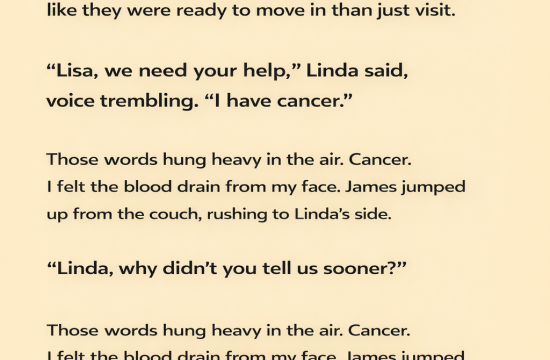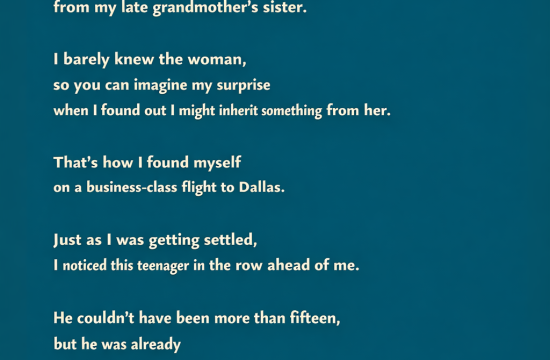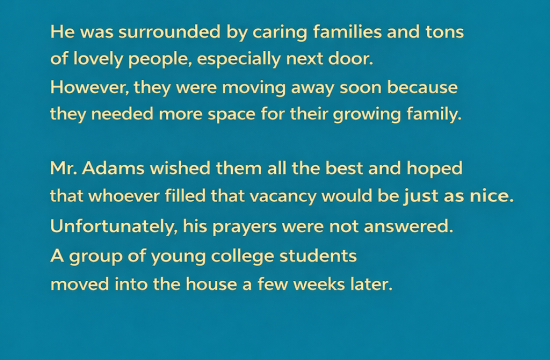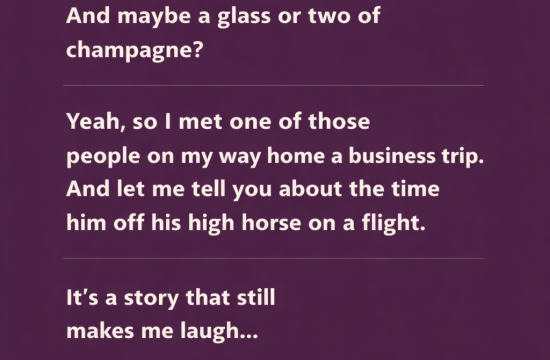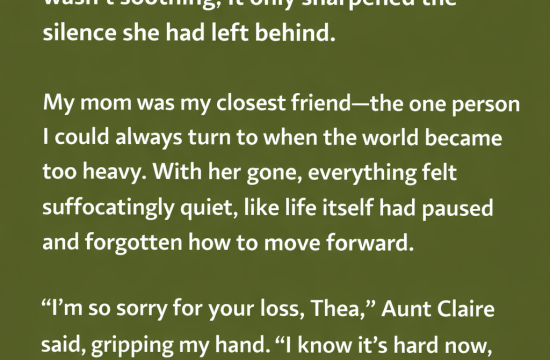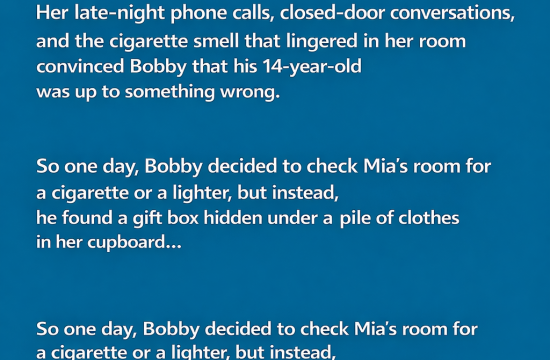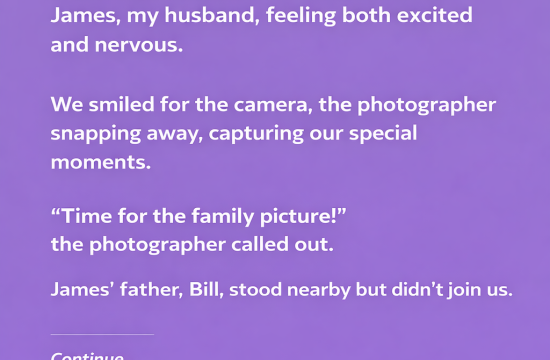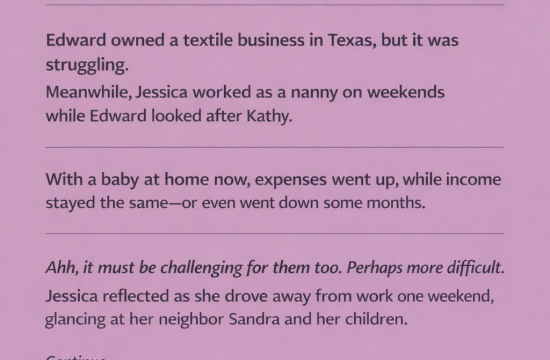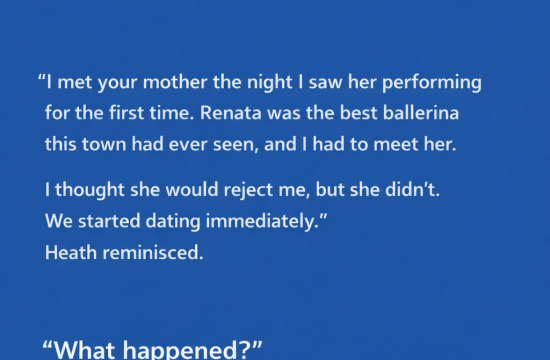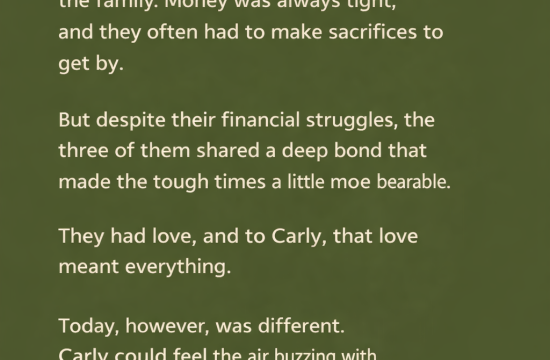As someone with type 1 diabetes, managing my blood sugar isn’t optional — it’s survival. I’ve lived with the condition since I was 12, and I’ve learned to be proactive, especially when traveling. That means keeping snacks with me at all times.
On a recent flight from Chicago to Seattle, I found myself seated next to a family of three — a couple and their young son, who was already whining before takeoff and kicking the seat in front of him. He had a brand-new iPad, noise-canceling headphones, and more snacks than I’d packed myself.
As we took off, I started feeling the warning signs of low blood sugar: dizziness, shaky hands, and a racing heart. I reached down for my emergency granola bar only to realize, in a rush to board, I’d moved it to my checked bag by mistake. Panic set in. I rifled through my backpack, my hands trembling harder by the second.
The mother next to me noticed. “Are you okay?” she asked, her voice shifting from annoyance to concern.
“I have type 1 diabetes,” I said, trying to keep my voice steady. “My blood sugar’s dropping fast. I—I usually have something, but I must’ve misplaced it.”
Before I could say another word, her son looked up and said, “Mom, give them the gummies.” Without hesitation, she reached into her carry-on and pulled out a pack of fruit snacks, tearing it open and handing it to me.
I nearly cried from relief as I chewed them slowly, trying to calm my breathing and give the sugar time to do its work. The boy watched me intently, his whining forgotten. “Do you feel better now?” he asked.
I nodded, finally able to smile. “I do. Thank you. You really helped me.”
His parents smiled too — tired but warm. “We always pack extras,” his mom said. “We had no idea they’d be for someone else.”
For the rest of the flight, the boy was calm, occasionally peeking over to make sure I was okay. At one point, he even offered me a bite of his cookie “just in case.” I politely declined, but thanked him again.
When we landed, I turned to his parents and said, “I’ll never forget your kindness. You helped a total stranger, and it meant more than I can say.”
The mom smiled and said, “Sometimes you don’t plan for the people you help. But I’m glad we were here.”
And as I walked off the plane, I felt more than stable. I felt seen. Reminded that in a world that can often feel disconnected, there are still strangers who care — and kids who notice when someone needs help.


